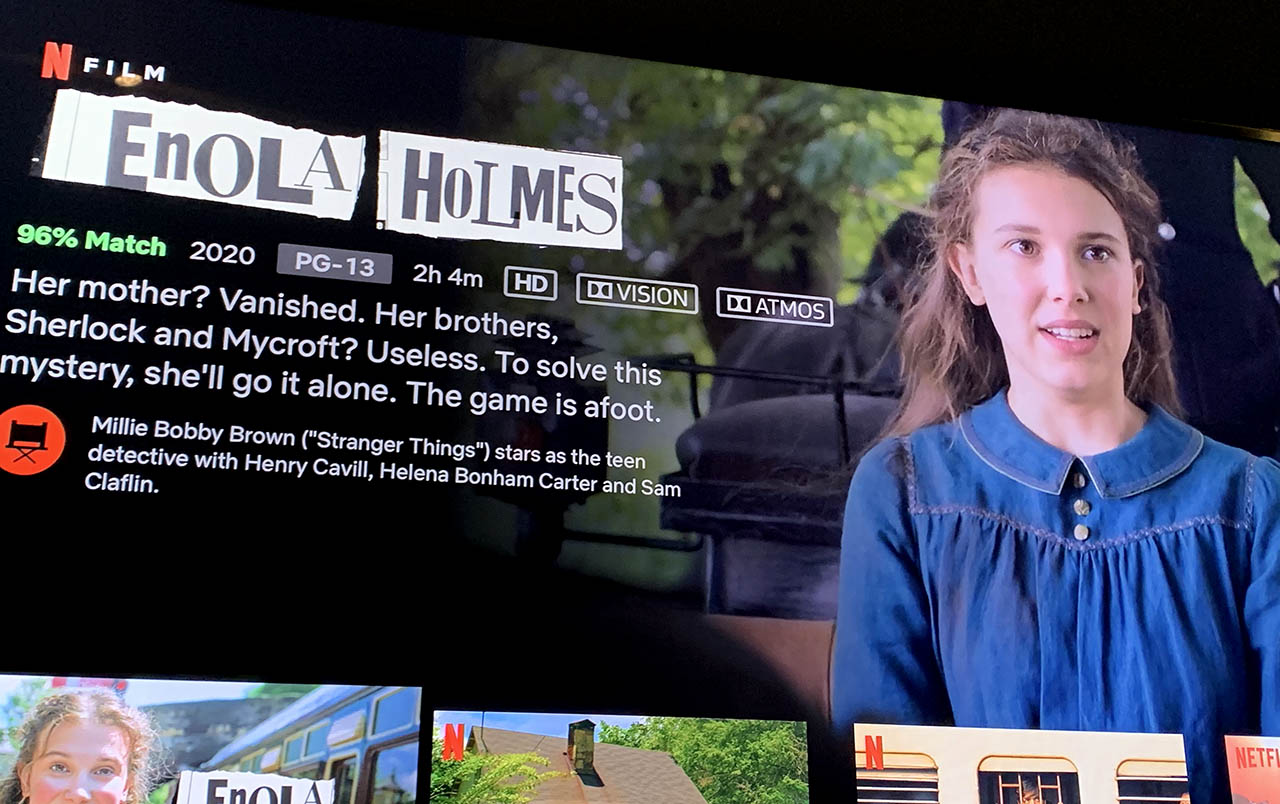
Most Netflix films and series that offer Dolby Vision HDR and Dolby Atmos audio presumably stream in 4k, but not the 2-hour original film Enola Holmes. Instead of 4k, the resolution is specified as HD. A bitrate of about 5.53Mbps confirmed the lower resolution (albiet very nice looking HD), which is about a third of the bitrate of 4k content.
This is true of several other titles on Netflix including the animated feature Over the Moon (2020), Mowgli: Legend of the Jungle (2018), and the new South Korean film Space Sweepers (2021). All three movies offer HDR (delivered via Dolby Vision or HDR10) but at 1080p resolution (also referred to as Full HD).
This is nothing new. Many Android & Apple iOS devices that support Dolby Vision or HDR10 don’t actually stream in 2160 x 3840 (4k Ultra HD) resolution as specified by the Consumer Electronics Association. What is new though is how Netflix indicates streaming formats.
The latest update to the specs Netflix HDR titles may display come in two flavors: 4k HDR and HD HDR. 4k titles without HDR are labeled 4k Ultra HD (notice the missing “HDR”). The way Netflix has described video specs has changed over the years, and the labeling of “HD HDR” is fairly new.
Audio formats follow a slightly less complicated labeling system. The majority of titles on Netflix are encoded with Dolby Digital Plus 5.1, and as long as your audio system supports surround sound the audio will play in 5.1 or downsample to the closest format.
However, Netflix starting offering Dolby Atmos back in 2017 with the movie Okja. And, like the HDR movies mentioned above is not reliant upon 4k resolution. This is also true of 1080p Blu-ray Discs that can be encoded with Atmos. (Also Read: Netflix Rolls Out High Quality Audio in 5.1 & Dolby Atmos)
Netflix labels can be off though, as experienced when researching Atmos for this article. Upon viewing the details of both Mowgli: Legend of the Jungle and Okja the audio formats only indicated 5.1. However, after playing Okja for just a few seconds the descriptions of both titles switched to Atmos. This could have something to do with the software recognizing the Atmos playthrough capability and dynamically updating the specs to match.
One thing to keep in mind with all streaming services is that the specs may look different depending on the device viewed upon. Most laptops and desktops, for example, don’t indicate 4k, HDR or audio formats (Atmos or 5.1) because the displays or speakers don’t support the formats.




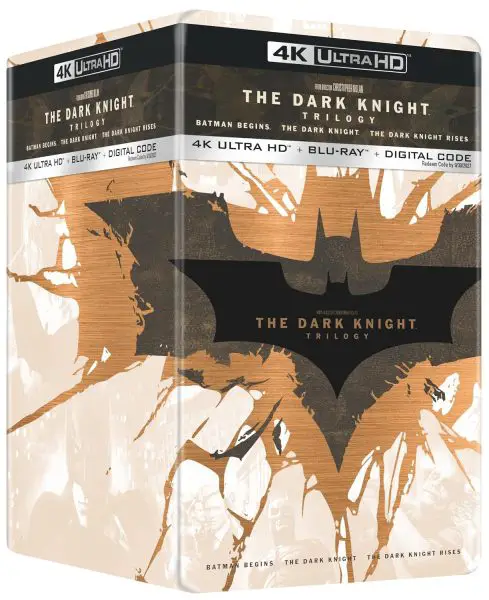
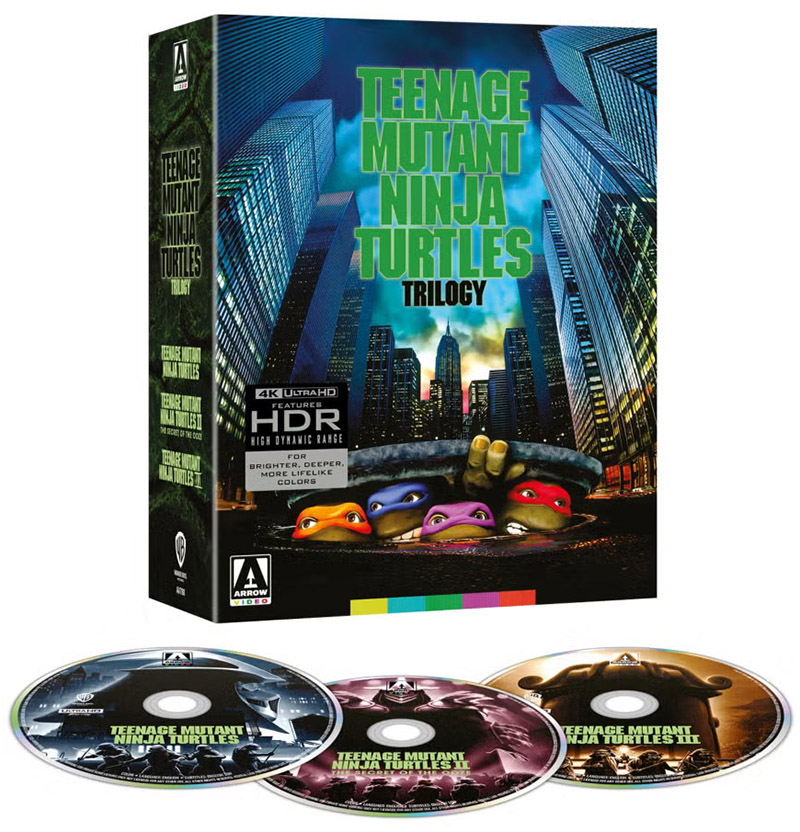
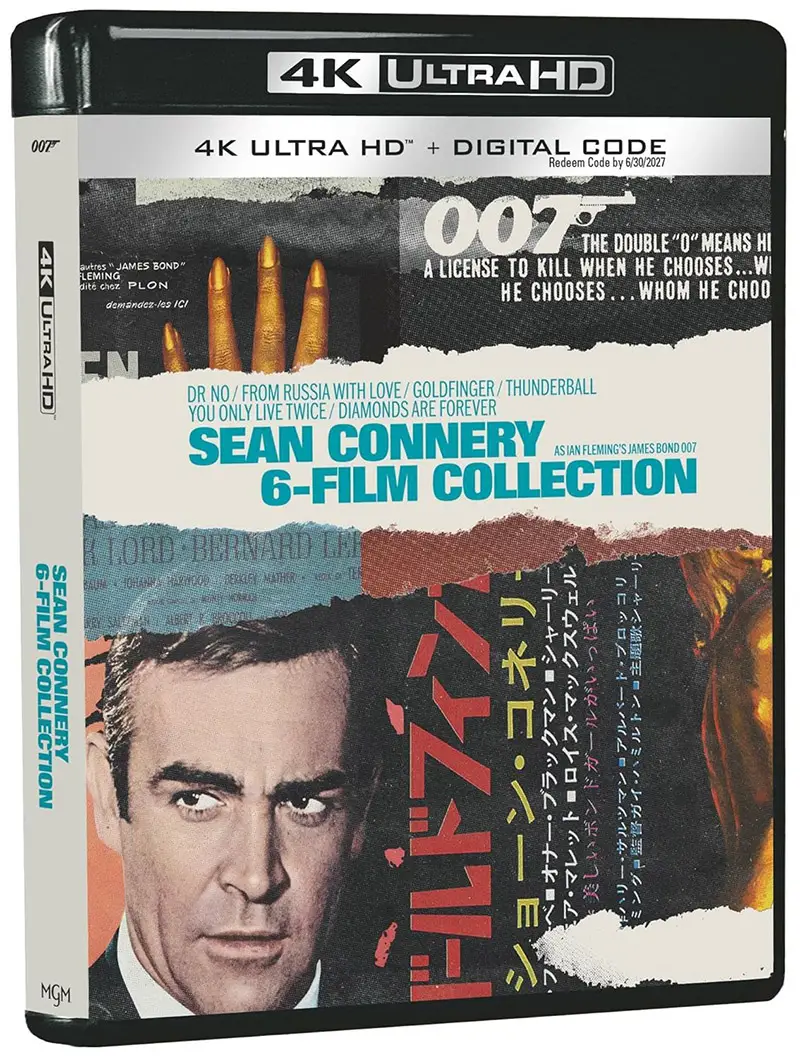
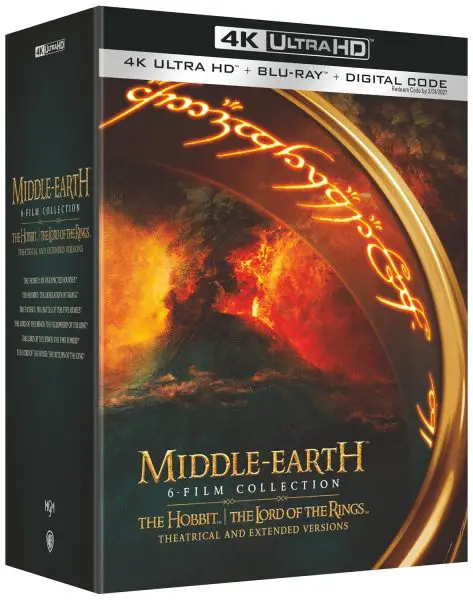




![How To Watch The 2026 Best Picture Oscar-nominated Movies [Updated] Bugonia (2025) frame grab](https://hd-report.com/wp-content/uploads/2026/01/Bugonia-2025-frame-grab-1-324x160.jpg)